The Importance of Play
[Photo: RudyAnderson/Pixabay]
We intuitively know that play is important to children, but despite its many benefits, we rarely associate play with learning. We tend to believe that
playing is just for fun and does not involve real learning. However, according to studies, playing is learning and children learn by playing. The
importance of play in early childhood cannot be underestimated because play is essential to a child's development.
9 Benefits of Play:
1. PLAY STIMULATES THE EARLY DEVELOPMENT OF THE BRAIN
Play can promote a child's brain development in many ways, including providing life experiences crucial to laying the foundation for brain growth.
2. PLAY IMPROVES INTELLIGENCE
Early play has also been found to be associated with superior intelligence later in life.
3. PLAY CAUSES CREATIVE THINKING
Perhaps the most obvious benefit of playing is that it increases a child's creativity. Many studies have found that gaming is highly associated with
divergent thinking.
4. PLAY IMPROVES COMMUNICATION, VOCABULARY AND LANGUAGE
The link between early game and later communication skills is also evident. Studies show that if we talk to children about what they see and what they
do, they will have better language skills.
[Photo: MarvelMozhko/Pixabay]

![[Photo: RudyAnderson/Pixabay]](https://images.squarespace-cdn.com/content/v1/5cc744f0b2cf7987ab93d744/1603830926181-A2HJ62G2HNQ8HLCV3KC8/water-fight-442257_960_720.jpg)
![[Photo: MarvelMozhko/Pixabay]](https://images.squarespace-cdn.com/content/v1/5cc744f0b2cf7987ab93d744/1603830975884-YJGV6ULRCYLXEI3MOOA1/son-2935723_960_720.jpg)